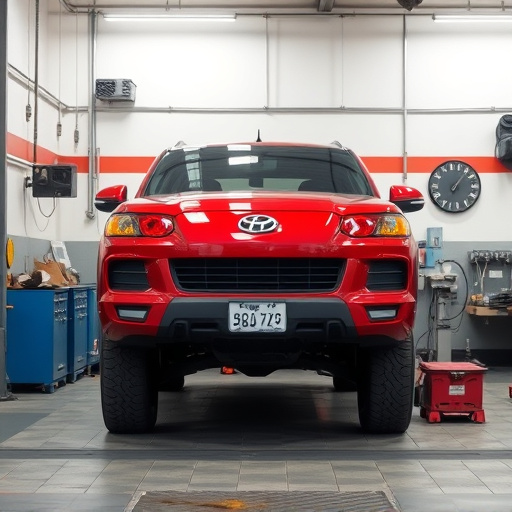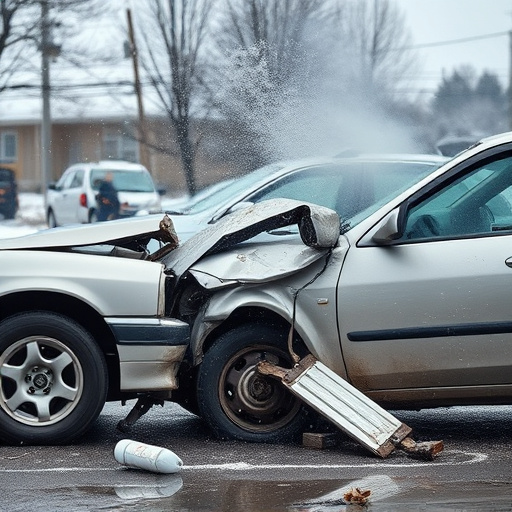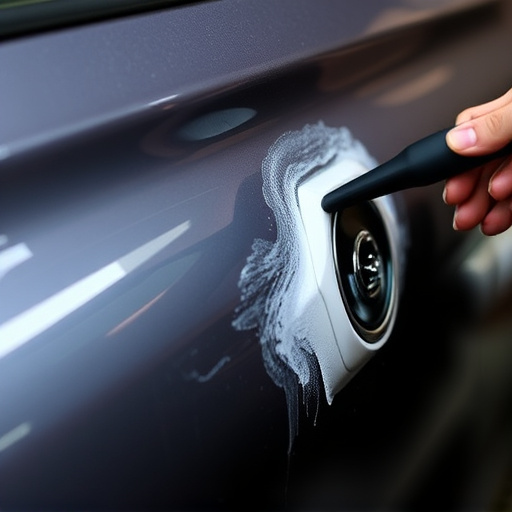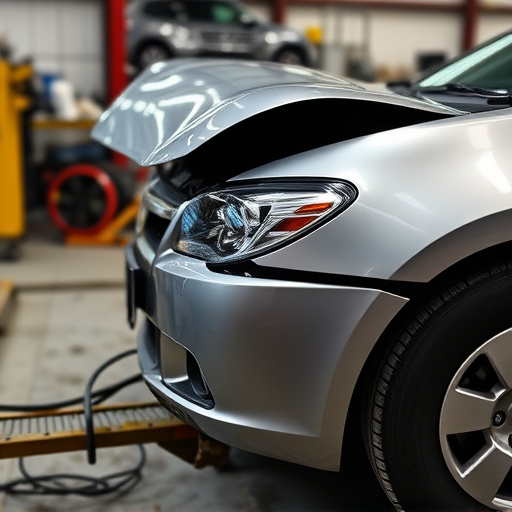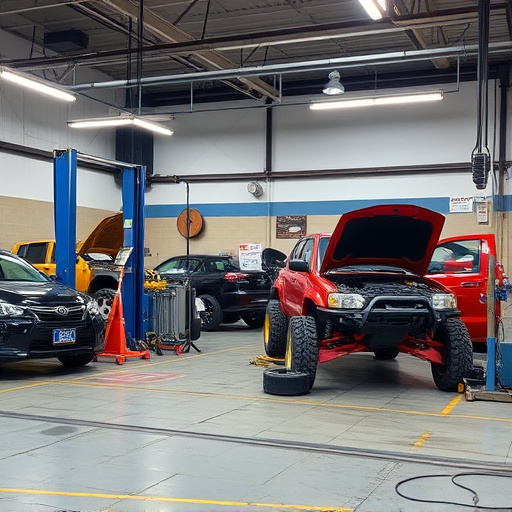Navigating global holiday collision service policies requires understanding regional differences in coverage and claims handling. While some countries mandate insurance with comprehensive collision coverage, others offer optional add-ons. Travel insurers provide tailored plans for peace of mind. Understanding local policies, identifying trusted collision centers, and having contact details readily available ensure stress-free travel and efficient service access during emergencies or holidays.
In today’s global travel landscape, understanding holiday collision service policies across different regions is paramount. This article explores the intricate variations in coverage and claims handling, offering a comprehensive guide for travelers navigating international territories. We delve into the disparities between regions, highlighting best practices to ensure smooth experiences during unexpected collisions while on vacation. By understanding these policies, travelers can mitigate risks and enjoy their journeys with peace of mind, regardless of their global destination.
- Understanding Holiday Collision Service Policies Globally
- Regional Variations in Coverage and Claims Handling
- Best Practices for Travelers: Navigating Collision Services Abroad
Understanding Holiday Collision Service Policies Globally

Understanding holiday collision service policies globally is a complex task due to varying regulations and cultural norms across different regions. What constitutes as a comprehensive coverage in one country might differ significantly in another, especially when it comes to tire services and luxury vehicle repair. For instance, some countries have mandatory insurance systems that include holiday collision coverage, while others rely on optional add-ons offered by car repair shops.
This diversity necessitates travelers to be proactive in understanding their policy implications before embarking on a trip. Many travel insurers offer specific plans tailored for holiday collision services, ensuring peace of mind while navigating unfamiliar terrains. By familiarizing themselves with these policies, travelers can avoid hefty unexpected bills and promptly access necessary car repair shop services during their travels, whether they’re dealing with a flat tire or more extensive luxury vehicle repairs.
Regional Variations in Coverage and Claims Handling

When it comes to holiday collision service policies, regional variations can significantly impact what coverage and claims handling processes are in place. Each country or region has its own set of regulations and insurance standards that dictate how these services operate. For instance, some areas may have more stringent requirements for comprehensive insurance, which includes protection against various types of damages, including those sustained during holiday travel. This can mean a wider range of services offered by local collision repair centers or shops to accommodate these policies.
The handling of claims also varies based on regional practices and legal frameworks. Some regions may favor direct negotiations between insured parties and insurance providers, while others might rely more heavily on third-party administrators. These differences can influence the overall efficiency and cost of collision repairs, especially during peak travel seasons when demand for holiday collision service is high. Understanding these variations is crucial for travelers to ensure they are adequately covered and can access appropriate services should a collision occur during their travels.
Best Practices for Travelers: Navigating Collision Services Abroad

When traveling abroad, understanding the local holiday collision service policies is essential for a smooth and stress-free experience. Travelers should start by researching the available collision centers or auto repair shops in their destination country. Each region may have different regulations and services, so it’s crucial to know what options are accessible. Many countries have established networks of trusted collision centers that offer specialized vehicle bodywork repairs, ensuring quality and safety standards.
Best practices for travelers include obtaining a referral from their embassy or consulate, checking online reviews, and verifying the center’s certifications. It’s beneficial to have the contact details of local auto repair shops readily available, especially during holidays or emergencies. Travelers should also familiarize themselves with the process of filing an insurance claim, as procedures may differ significantly across regions. Being prepared and knowing where to turn in case of a vehicle incident abroad can make all the difference in ensuring a positive travel experience.
When planning international travel, understanding the nuances of holiday collision service policies is essential. As our world becomes increasingly connected, navigating these variations can ensure a smoother, less stressful experience. By familiarizing themselves with regional differences in coverage and claims handling, travelers can make informed decisions and rest easy knowing they’re protected. Adopting best practices for navigating collision services abroad will ultimately lead to more positive travel experiences worldwide.




